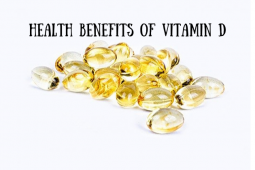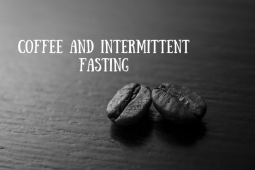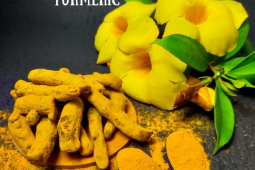Banana Before Exercise – Boost or Hinderance?
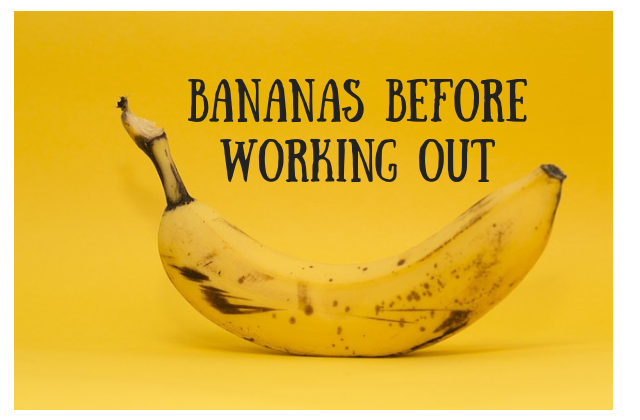
Bananas are a Popular Pre-Exercise Booster, are They Effective?
Banana’s are such a staple in our diets, that it is strange to think that they were almost unheard of just 50 years ago. These yellow fruits are bulky compared to an apple or orange. They provide a filling – as well as nutritional – snack. The question is, should you eat a banana before exercise?
Fitness fans in several categories swear by eating a banana before working out. This can give a boost to endurance activities (distance running, cycling or swimming). They will also give you an energy surge before strength training or intensive cardio.
This page looks at the humble banana in depth. The key question is whether bananas really live up to their reputation as a performance enhancer?
Here is what you will find below:
- What is in a Banana? Breaking down the nutrients and vitamin content.
- How Banana’s boost performance
- How long before a workout should you eat one?
- Eating a banana after you work out
- Are there any better alternatives?
What is in a Banana – Nutrition Guide
An average banana will give you an energy boosting mix of carbs, sugars, vitamins and minerals. Here are how things break down:
Vitamin C: While not as rich in vitamin C as oranges, there is still plenty in each banana. Expect 9 to 10 milligrams in an average sized one.
Vitamin B6: You’ll also get 0.5mg of vitamin B6 for blood health and serotonin production. There are also small amounts of Vitamin A.
Carbohydrates: This is the fuel aspect, including natural sugars. You’ll get around 30 grams of carbs from an average sized fruit.
Potassium: High potassium content can replace what you lose (via your sweat) during exercise. This helps prevent muscle cramps – a reason that endurance athletes often consume bananas during long events.
Magnesium: This is important for energy metabolism; an average fruit contains up to 0.3mg.
There are more nutrients at trace levels. These include Folate, Riboflavin, Iron and Niacin. Lets’ not forget that bananas are also high in fibre – and very low in fat.
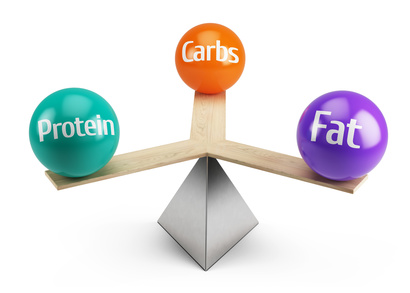
How Bananas Boost Performance
It is the combination of ingredients which are the secret to the popularity of the banana. The basic boost comes from the carbs. These give you energy via the natural sugars. In turn that extra energy lets you work harder – getting better results.
Magnesium and potassium help via an indirect route. Nothing stops a workout or run quicker than cramp – and you’ll avoid this by keeping your potassium levels high. The other elements are more important for longer term health and condition.
These fruits are soft, and quick and easy to digest. If your stomach is busy digesting, your body will naturally use your resources for this – leaving you less for hitting those fitness goals.
How Long Before Exercise Should You Eat a Banana?
Eating right before exercise will lead to some uncomfortable situations. These include cramps, discomfort while working out, a bloated feeling or even diarrhoea.
A whole banana should be consumed at least an hour before you start your routine. This will give your body time for digestion and get those all-important nutrients into your blood-stream. If you still feel discomfort – you can extend this to 2 hours. Bananas still have benefits many hours before working out. Many people add these to healthy breakfasts – for example as part of a smoothie.
There are benefits to eating smaller amounts of banana closer to workout time. Half (or less) will give you an energy and potassium boost – keep in mind that your discomfort level while exercising may vary (I would not recommend experimenting with this before a long race / big event). Runners and cyclists on long races will eat small pieces of banana during their events – a big boost when those energy levels start to flag.
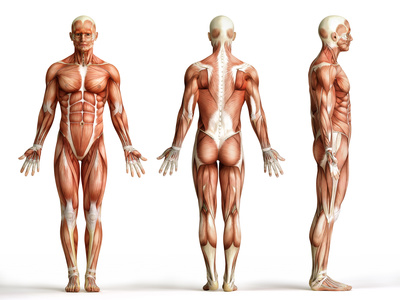
Eating a Banana After Working Out
Studies have shown that eating a banana directly after you work out is just as effective (and healthier) than those expensive sports drinks. This gives you a hit of natural sugars – boosting your energy just as this is at its low-point.
Added to the carb boost, the minerals and trace elements are perfect for replacing those that are naturally lost while you keep fit.
Any Better Alternatives to Banana’s Before a Workout?
Not everyone likes bananas – though would certainly like to get the benefits. Here are some alternatives:
#1 – Sports Drinks: You’ll get a hit of energy boosting sugars, plus some minerals to replace those lost. The trace elements and fibre of bananas is missing.
#2 – Smoothies: These can be made with delicious and healthy ingredients (including bananas!). Mix in some healthy nuts and protein for an all-round boost.
#3 – Other Fruits: Berries, peaches, apples, oranges – this list goes on. You’ll get a big vitamin C hit with these.
More Popular Food and Fitness Guides:
